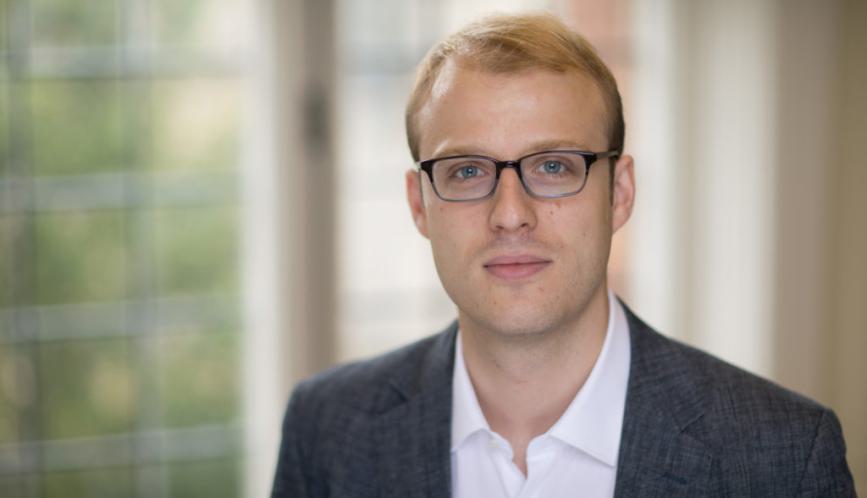MIP network member Alex Teytelboym is an Associate Professor of Economics at the University of Oxford, and a Tutorial Fellow at St. Catherine's College. He is also Deputy Director, Economics of Sustainability at the Smith School for Enterprise and the Environment, a Research Fellow at the Institute for New Economic Thinking at the Oxford Martin School, and a co-founder of Refugees' Say. His main research interests are market design and network economics. He was a co-organizer of HCEO’s 2016 conference, “Market Design Perspectives on Inequality.”
Describe your area of study and how it relates to current policy discussions surrounding inequality.
I work in microeconomics, especially in market design, the economics of networks, and environmental economics. All three of these areas are concerned with inequality. For example, in matching markets for public school choice, we are often concerned about whether the allocation mechanisms we use are fair to schools and students. I have been working on the problem of allocating resettled refugees (with a number of co-authors, including David Delacretaz and HCEO members Scott Kominers and Will Jones). While we might be keen to maximise the efficiency of the initial refugee placement (e.g. optimise the likelihood of employment or satisfy locational preferences), it is important to ensure that the communities perceive the system as fair. Economics of networks studies many aspects of inequality. For example, we observe that many people are friends with those who are observationally similar (e.g. in terms of race or income). This matters for many economic outcomes including finding employment, voting, and educational achievement. In joint work with Bassel Tarbush, we found that social group interaction can explain these patterns (at least for American universities) even if people have no intrinsic preference for people similar to themselves. Finally, environmental economics touches on many distributional problems both within and across countries. For example, schemes to price carbon might disproportionately impact poorer citizens which means that compensation schemes need to be set up alongside carbon tax or pollution trading schemes.
What areas in the study of inequality are most in need of new research?
I don't think we know much about how to design well-functioning markets in many developing countries which have weak institutions. We are only at the earliest stages of understanding how production and social networks affect fiscal policy and public finance. Finally, we need to focus much more on effective mechanisms to conserve and improve our natural capital, especially fragile ecosystems (wetlands and oceans) and biodiversity.
What advice do you have for emerging scholars in your field?
In my experience, the most interesting questions have come not from "extending a model," but from trying to understand and solve real-world, practical problems. The economy is very imperfect and if you talk to people outside academia about their work and read widely you're bound to stumble upon dozens of fascinating questions that require new theoretical and empirical tools to tackle them.



